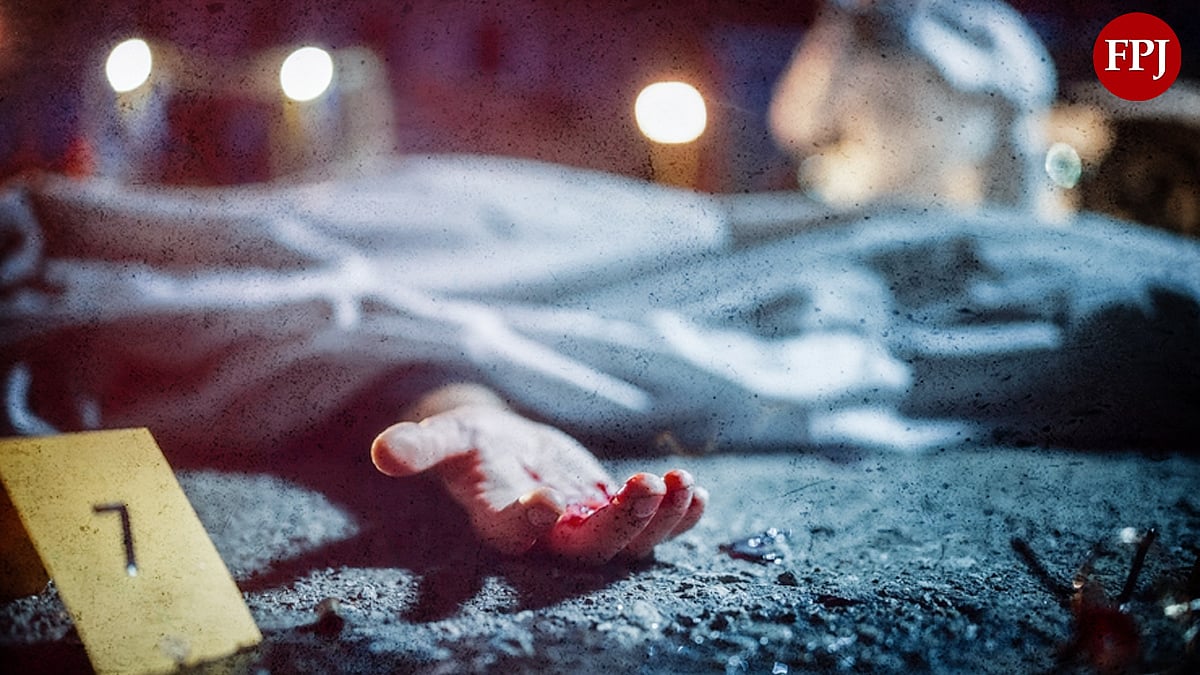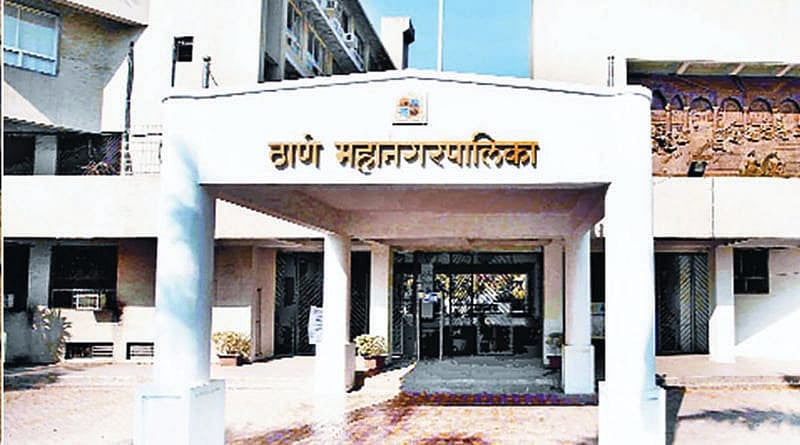The curtain has come down on the 17th Lok Sabha marked by five years of historic firsts, some dramatic highs as well as some abysmal lows. The House celebrated 75 years of Independence, oversaw a shift to a new Parliament building, passed some landmark laws and withstood the Covid pandemic. Speaker Om Birla declared that it was the most productive of the last five Lok Sabhas, conducting almost 97% business. What he failed to mention was that while 222 bills were passed, many of them did not witness extensive debate and discussion as Opposition members were either suspended or walked out after not being heard on various issues. Among the other records set by the 17th Lok Sabha was that it had the lowest number of sittings of any full term lower house. It had only 272 sittings compared to the nearly 350 sittings of previous Lok Sabhas. The government was criticised by the Opposition for passing Bills in a hurry and facts appear to back this claim. A study has said about 58% of Bills were passed within two weeks of their introduction. Key bills like the J&K Reorganisation Bill and the women’s quota Bill were passed within two days of their introduction. Almost 35% of Bills were passed after only an hour of discussion, the study added. Very few Bills were referred to standing committees for deeper scrutiny
It was the 17th Lok Sabha that saw the historic abrogation of Article 370, passed the long pending women’s reservation Bill, banned triple talaaq and replaced British era criminal laws with a new set of codes, over which some questions have been raised, and also brought India’s first data privacy laws. The average age of members in the 17th Lok Sabha witnessed a drop. Women MPs saw maximum representation at 78, but the BJP benches with 350+ members did not have a single Muslim MP, raising questions on the party’s slogan of ‘sabka saath, sabka vikas’. Open chants of Jai Shri Ram and one BJP member’s vicious tirade against a Muslim MP gave rise to unease in certain quarters. The House proceedings concluded with a special discussion on the inauguration of the Ram temple in Ayodhya that proved to be a virtual paean to the Prime Minister, unprecedented in the annals of India’s parliamentary history.
The 17th Lok Sabha was marked by a new low in relations between the Treasury and Opposition benches. Altercations between the two sides increased leading to the unprecedented suspension of 146 Opposition MPs during the winter session. On the 20th anniversary of the horrific Parliament attack, some youths jumped into the Lok Sabha chamber from the visitors’ gallery and exploded smoke bombs. When the Opposition MPs — understandably — demanded a statement from the Union Home Minister on the security breach, they were met with an obdurate ruling party which resorted to their en masse expulsion. This was a new low in India’s democracy.
While the 17th Lok Sabha had to skip one session in 2020 due to the Covid pandemic, a special session was held in September 2023, when Parliament shifted out of its British-era structure to the new state-of-the-art Parliament building. Earlier, the inauguration was marked by pomp and show with Prime Minister Narendra Modi performing puja and wielding the historic sengol. Controversy surrounded this inauguration as the President, who generally presides over each new session of Parliament, was not invited to the event.
The 17th Lok Sabha also had the dubious distinction of functioning without a deputy Speaker throughout its five-year tenure. A deputy Speaker is mandated by the Constitution and convention dictates that the post is offered to the Opposition. In the previous Lok Sabha, the post was occupied by a member of a friendly party, the AIAIDMK. In the case of the outgoing Lok Sabha, the Congress as the single largest Opposition party fell short of the requirement for a Leader of the Opposition by two seats. The government’s refusal to appoint a deputy Speaker was indicative of its intention to bulldoze through all legislation and ride roughshod over any opposition.
In a matter of months the 18th Lok Sabha will be constituted. All indications are that the composition will be the same as the previous House. The hope is that the acrimony and discord that marred the 17th Lok Sabha becomes a thing of the past. For parliamentary democracy to flourish all voices must be heard, even when they prove uncomfortable for the ruling establishment.




